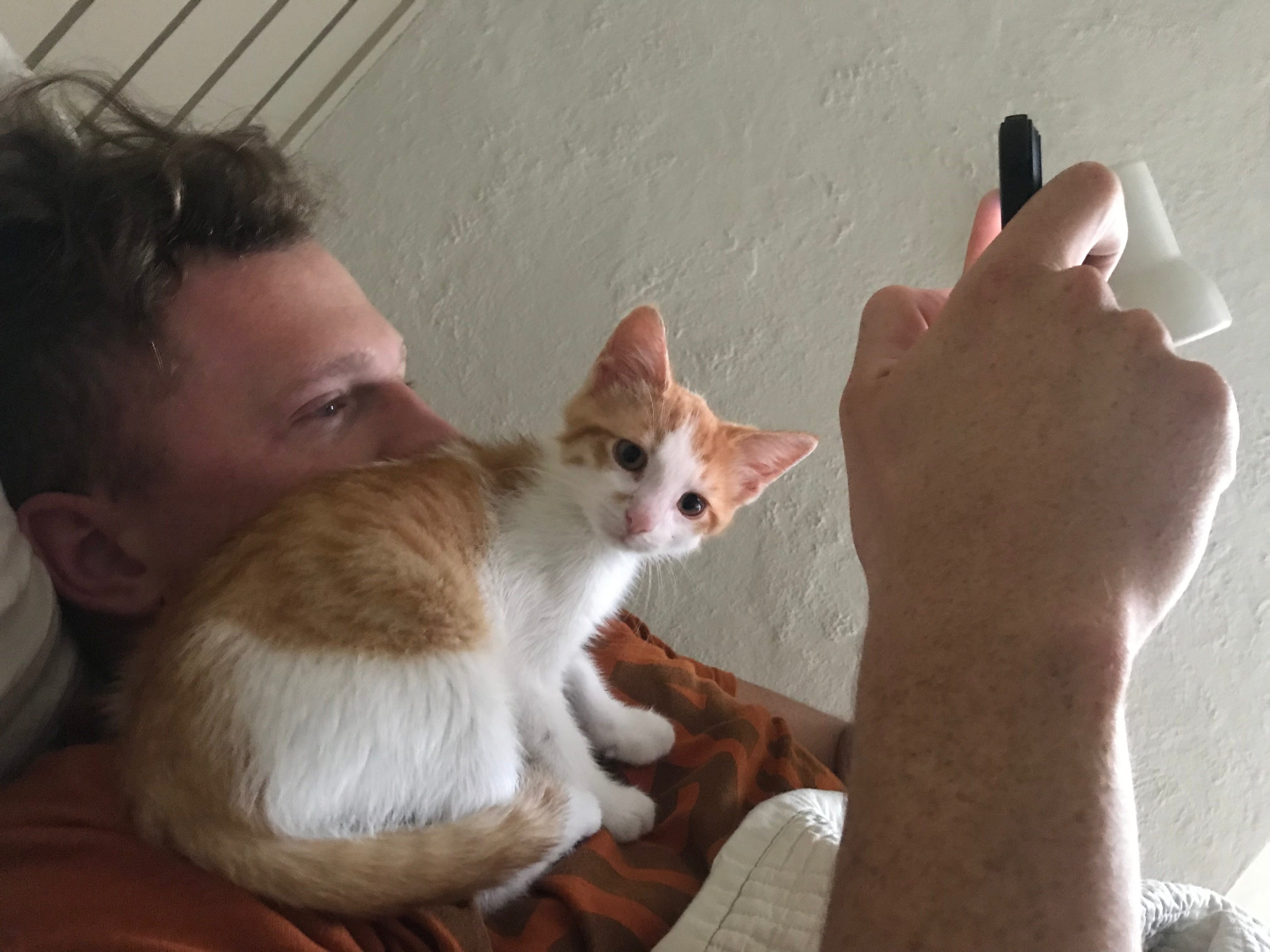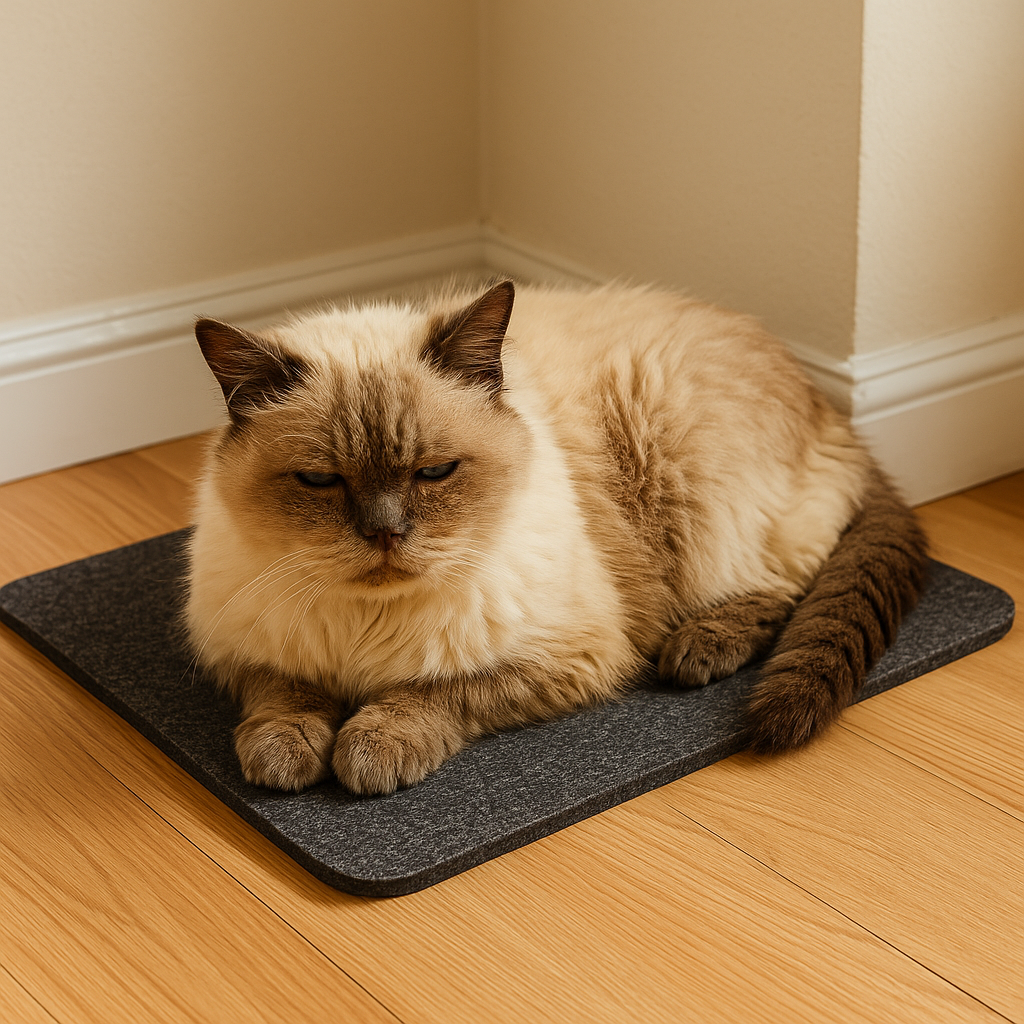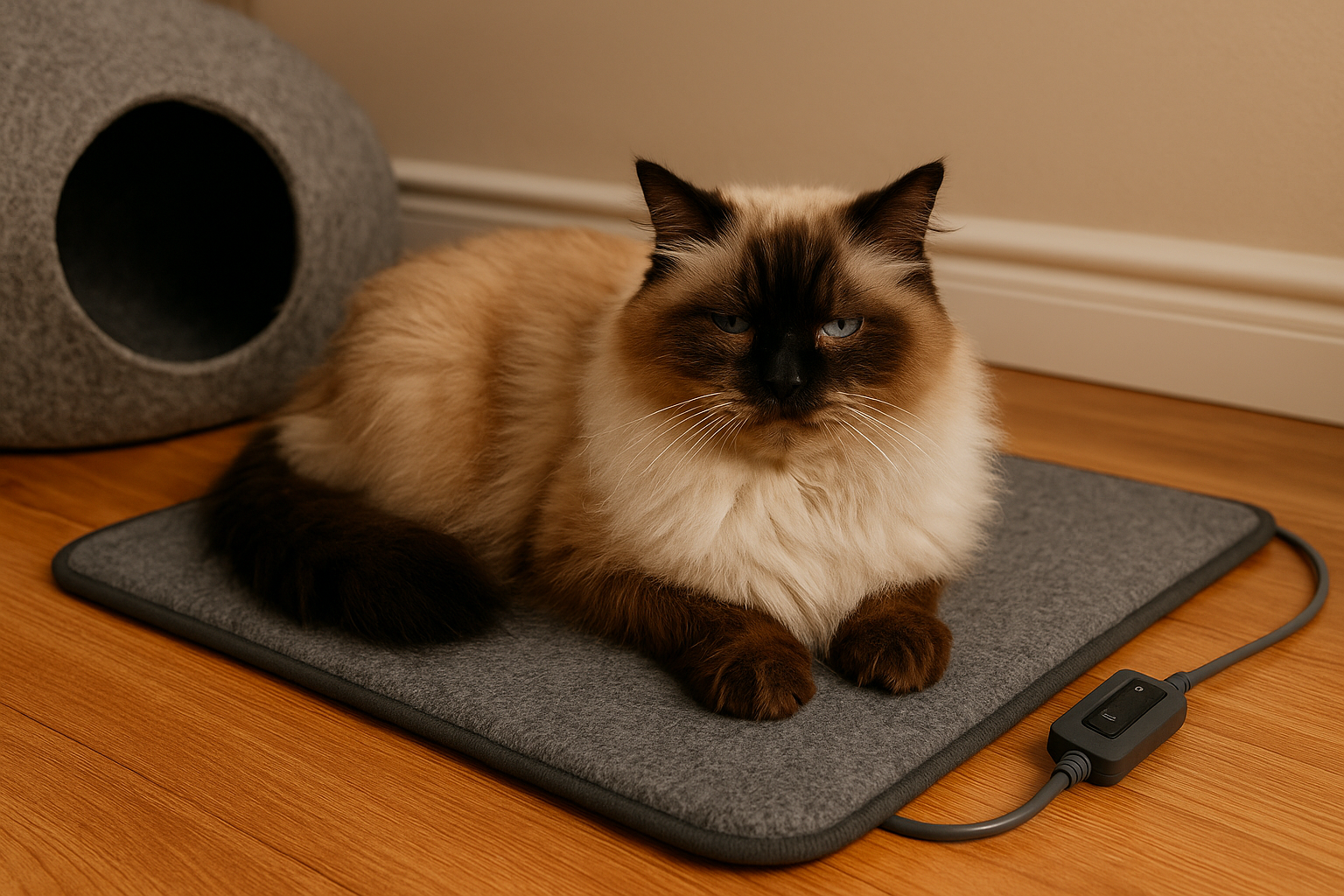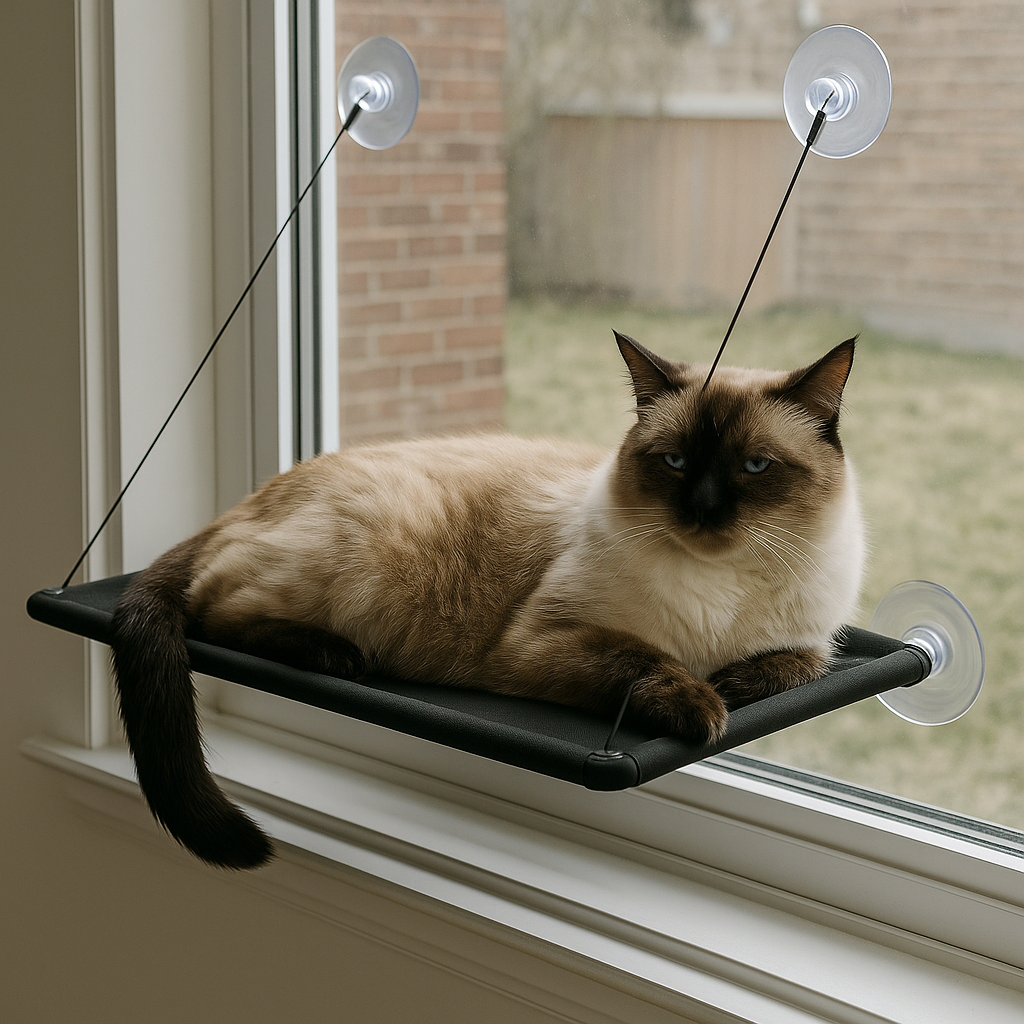Cat Vaccinations 2025: Vet-Approved Guide to Protect Your Feline 🐱💉
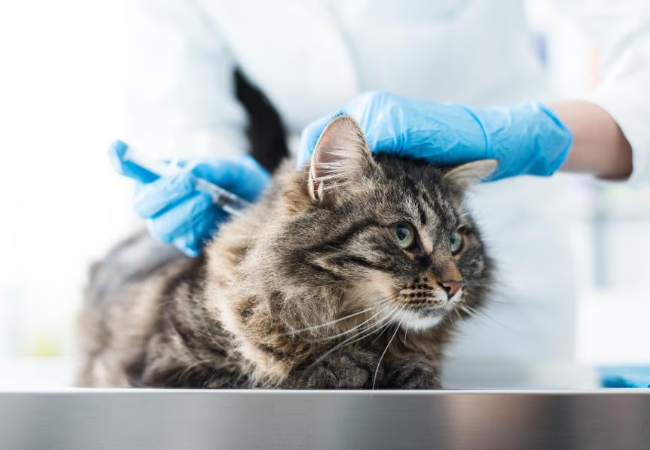
In this article
Cat Vaccinations 2025: Vet-Approved Guide to Protect Your Feline 🐱💉
By Dr. Duncan Houston BVSc
Vaccinations are one of the most important ways to protect your cat from infectious diseases, ensuring their long-term health and well-being. By vaccinating your cat, you not only safeguard them but also help prevent the spread of serious illnesses within the feline population.
How Cat Vaccines Work
Cat vaccines contain small amounts of killed or modified viruses or bacteria, or sometimes specific proteins from these microorganisms. When administered, your cat’s immune system recognizes these components as foreign invaders and mounts a response, producing antibodies and memory cells.
This immune response “trains” your cat’s body to recognize and fight the real disease if they encounter it in the future, reducing the severity or preventing the illness entirely.
Types of Cat Vaccines
1. Core Vaccines 🏆
Core vaccines are recommended for all cats, regardless of lifestyle, because they protect against highly contagious and potentially life-threatening diseases:
-
Feline Panleukopenia Virus (FPV): Also called feline distemper, this virus attacks the gastrointestinal tract, immune system, and bone marrow. It is highly contagious and can be fatal, especially in kittens.
-
Feline Herpesvirus-1 (FHV-1): Causes feline viral rhinotracheitis (FVR), a severe upper respiratory infection. Kittens and immunocompromised cats are particularly at risk.
-
Feline Calicivirus (FCV): Leads to upper respiratory infections, oral ulcers, and sometimes lameness. It is highly contagious and can cause serious symptoms in some cats.
2. Non-Core Vaccines 🌟
Non-core vaccines are given based on a cat’s lifestyle, environment, and risk of exposure. They include:
-
Feline Leukemia Virus (FeLV): This retrovirus can suppress the immune system, cause anemia, and lead to lymphoma. Recommended for outdoor cats or those living with FeLV-positive cats.
-
Feline Immunodeficiency Virus (FIV): Weakens the immune system, making cats more susceptible to other infections. Typically recommended for outdoor cats or those at higher risk of fighting.
-
Chlamydophila felis: A bacterium causing conjunctivitis and respiratory issues, often given to cats in multi-cat households or those with a history of the infection.
-
Bordetella bronchiseptica: Can cause respiratory infections, mostly recommended for cats in shelters, boarding facilities, or high-risk environments.
Tips for Keeping Your Cat Healthy with Vaccines
-
🗓 Consult your veterinarian: Your vet will recommend vaccines based on your cat’s age, lifestyle, and health.
-
💉 Follow the schedule: Keep a record of vaccination dates and boosters to ensure ongoing protection.
-
🏠 Monitor your cat after vaccination: Mild side effects such as lethargy or soreness at the injection site are normal, but contact your vet if you notice severe reactions.
-
🌍 Protect the community: Vaccinating your cat also helps prevent the spread of disease to other cats in your area.
Final Thoughts
Regular vaccinations are an investment in your cat’s health. They reduce the risk of serious illness, save money on veterinary costs in the long run, and help keep the broader feline population safe. Always work with your veterinarian to create a vaccination plan tailored to your cat’s unique needs.




